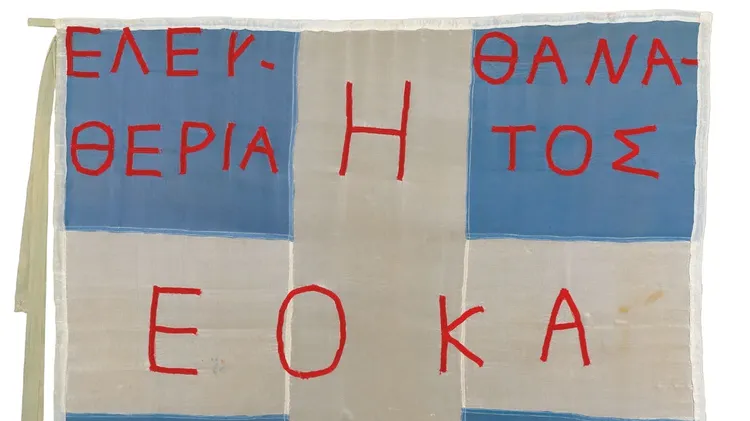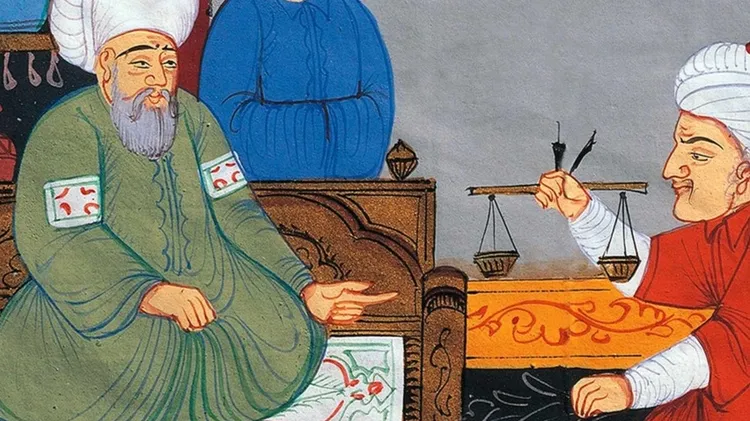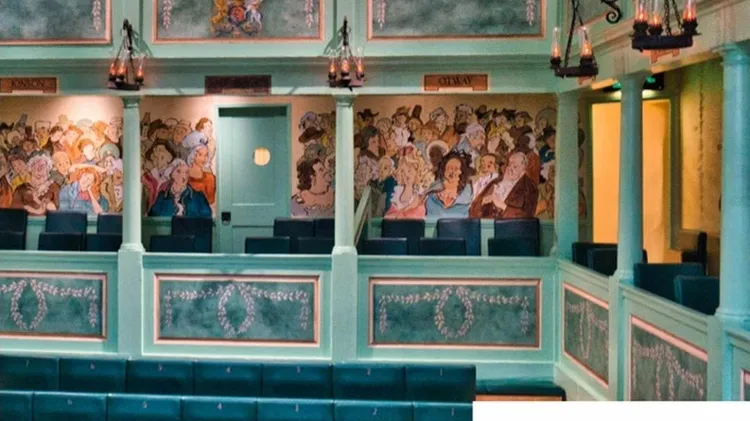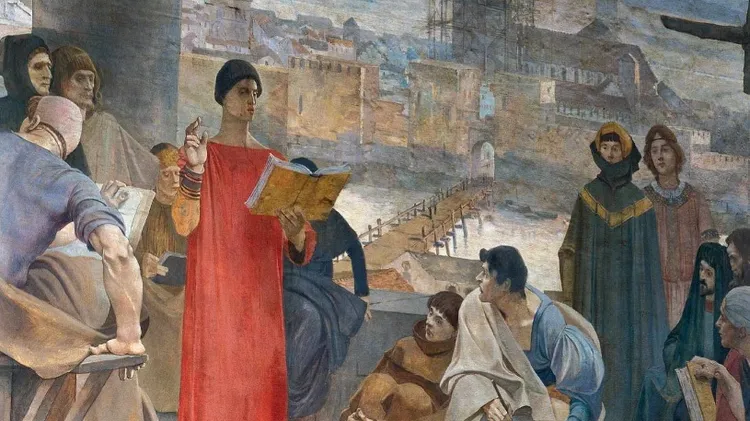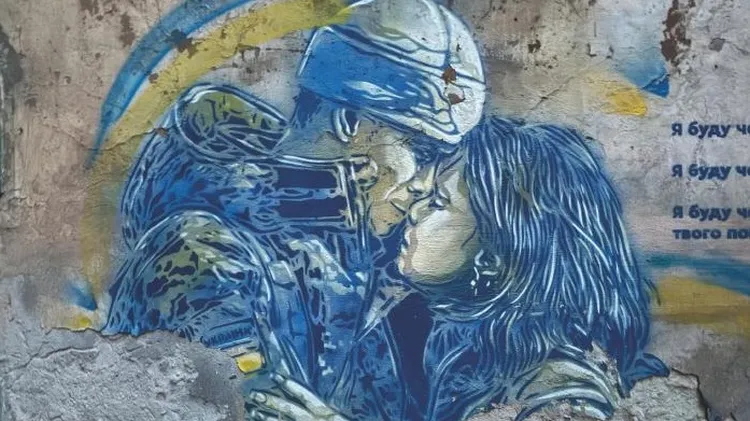By Alex Christofi
What the history of cyprus can teach us about today’s europe
3 min read
This article is from...
Read this article and 8000+ more magazines and newspapers on Readly

